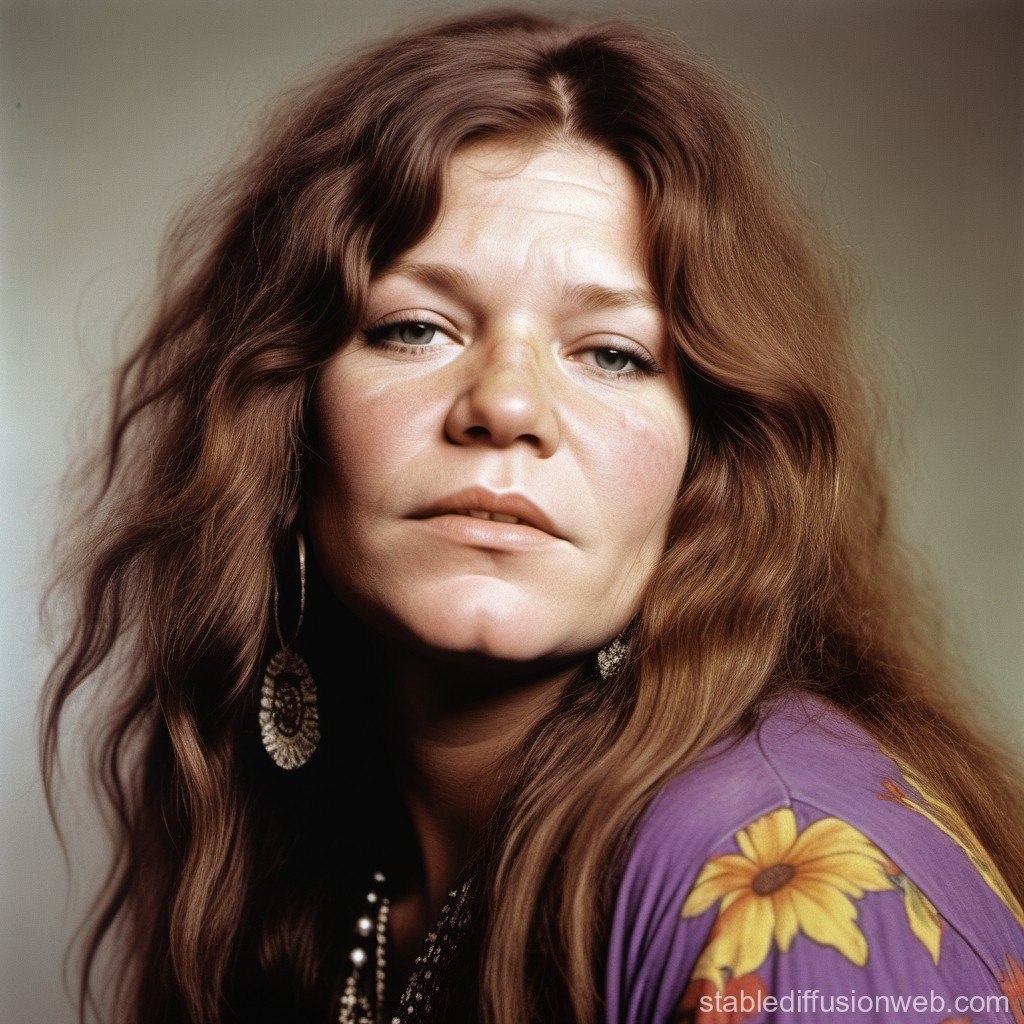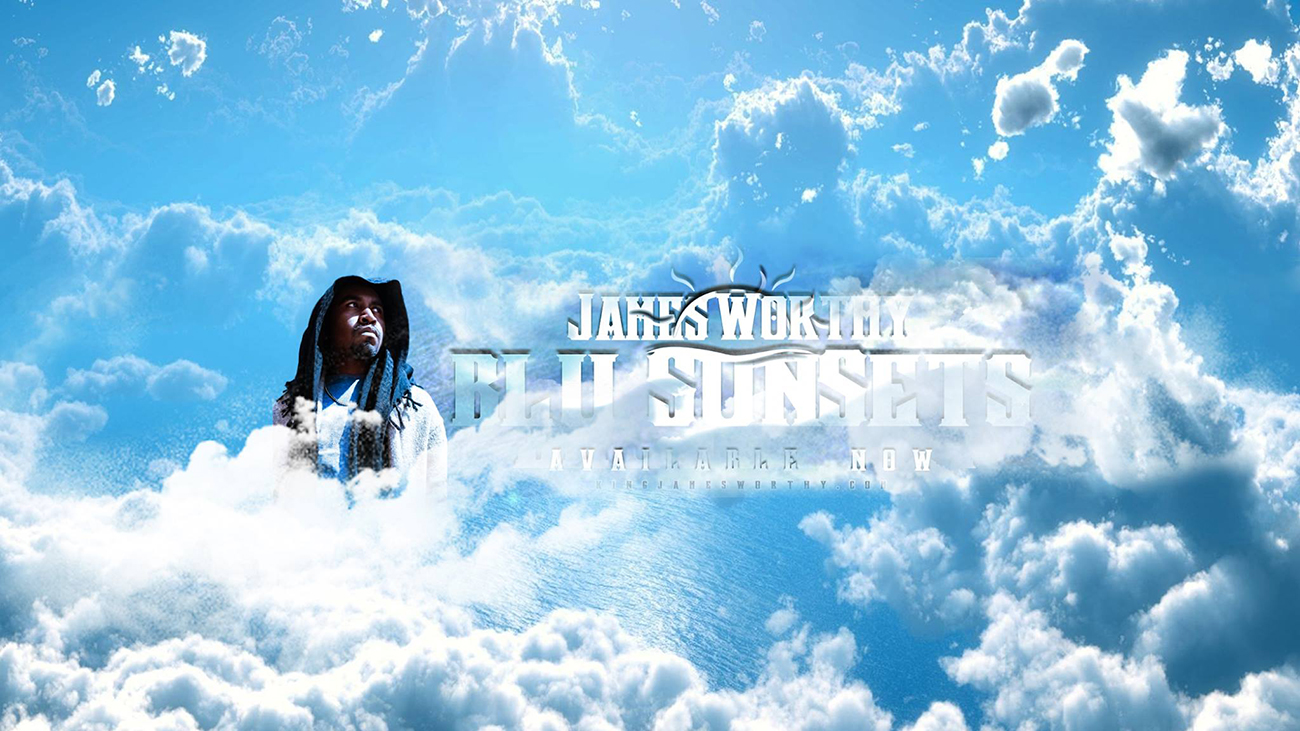Janis Joplin (1943 -1970)
Born in Port Arthur, Texas, Janis Joplin emerged as a formidable force in the music scene of the late 1960s, captivating audiences with her soul-stirring vocals and magnetic stage presence. Joplin first gained prominence as the lead singer of Big Brother and the Holding Company, where her raw, blues-inspired sound resonated deeply with the burgeoning counterculture of San Francisco. Her breakthrough performance at the Monterey Pop Festival in 1967 showcased not only her extraordinary talent but also her ability to connect with deeply felt emotions—an authenticity that endeared her to fans and solidified her place in rock history.
Despite her burgeoning fame and artistic achievements, Joplin struggled with personal demons that intensified as her career ascended. The pressures of stardom, combined with a tumultuous personal life, led her to seek solace in heroin and alcohol, creating a heartbreaking dichotomy between her public persona and private turmoil. Despite multiple attempts to break free from her addictions, the grip of substance abuse only tightened, overshadowing her remarkable contributions to music. Her life was a poignant reminder of the sacrifices often faced by those in the limelight, where the pursuit of artistic expression can lead to devastating consequences.
Tragically, Janis Joplin’s life was cut short when she died of a heroin overdose in October 1970, just weeks after the passing of fellow rock legend Jimi Hendrix. Their deaths marked the loss of two of the most influential voices in music, leaving behind a legacy that would inspire countless artists for generations to come. Joplin’s music continues to resonate, celebrated for its unfiltered emotion and unyielding spirit, embodying the very essence of rock ‘n’ roll that still captivates audiences today.



